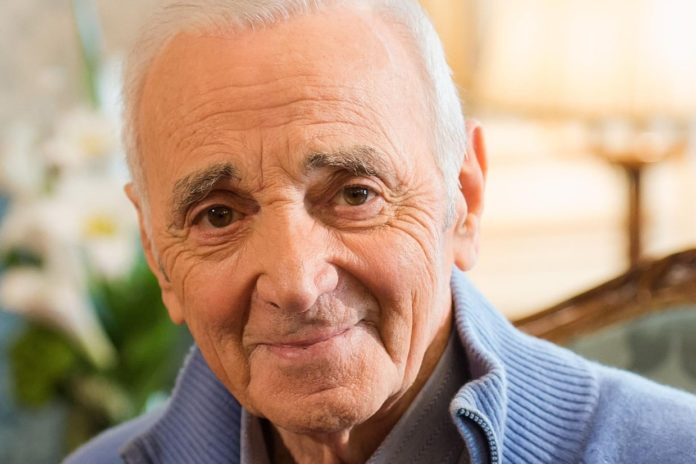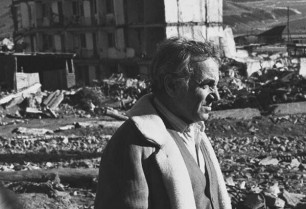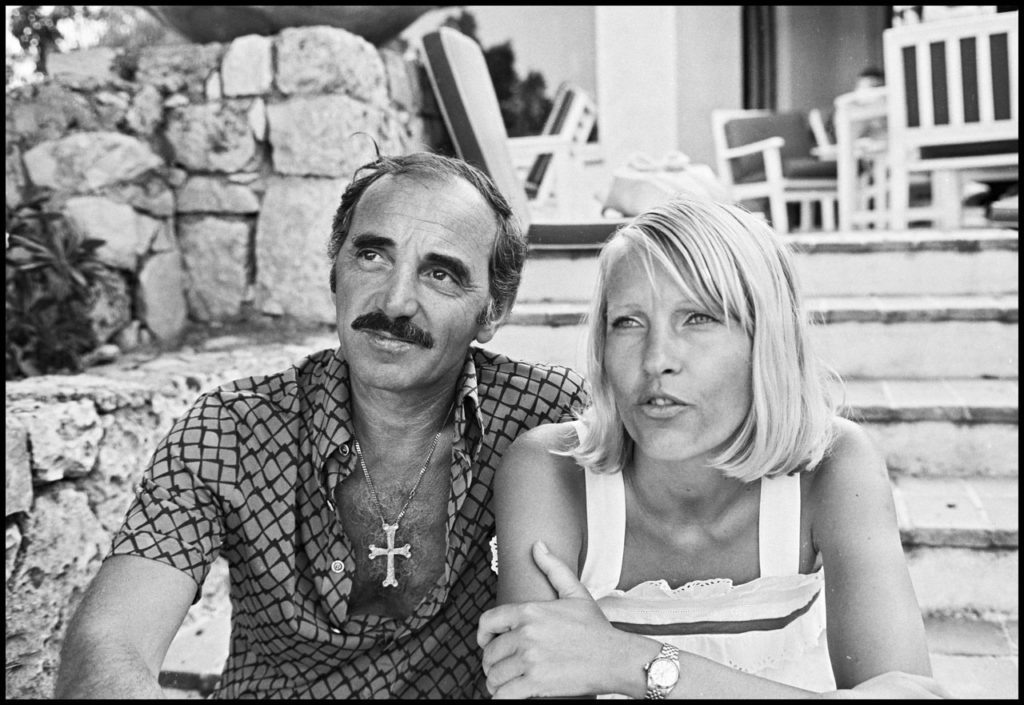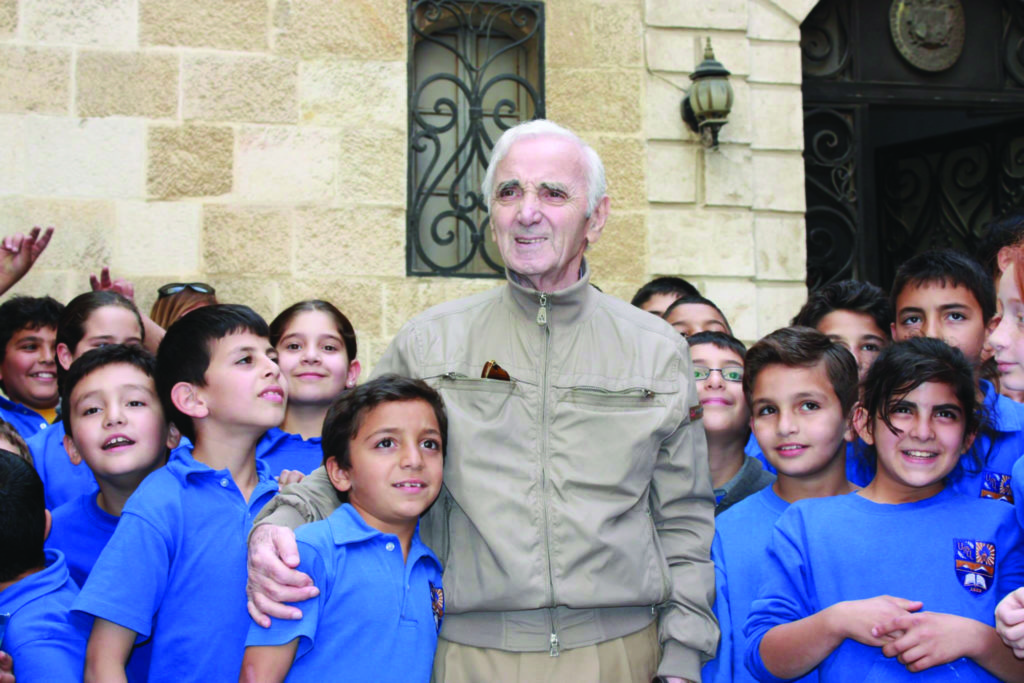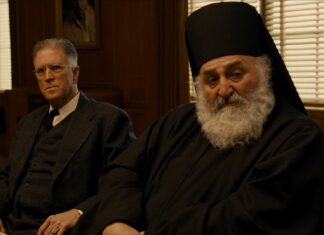PARIS (Combined Sources) — Thousands of people gathered in the Armenian capital of Yerevan on Tuesday, October 2, to sign a condolence book and pay their last respects to Charles Aznavour, who died on Monday, October 1.
His death at the age of 94 was announced by the French Culture Ministry.
October 1 was declared a day of mourning in Armenia, Prime Minister of Armenia Nikol Pashinyan announced on his Facebook page.
Aznavour, who sold more than 100 million records in 80 countries and was sometimes called the “French Frank Sinatra,” died at one of his homes, in the southeast of France.
For Armenians, he was more than a legendary singer; he was the quintessential hyphenate, successful as a Frenchman and Armenian, never forgetting either.
Born Shahnour Varinag Aznavourian in Paris in 1924, Aznavour began his career peddling his music to French artists of the 1940s and 1950s such as Edith Piaf, Maurice Chevalier, and Charles Trenet.



